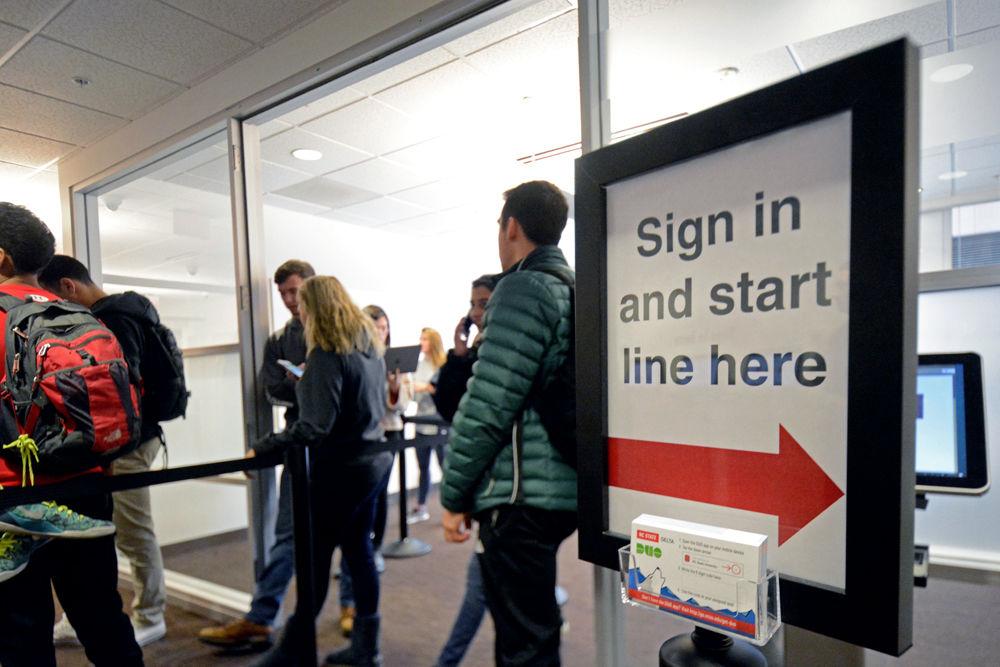Through the use of Distance Education and Learning Technology Applications (DELTA) grants, faculty are able to redesign courses in ways that improve learning outcomes for students in departments such as computer science.
DELTA’s primary role at NC State is to integrate technology into courses. Examples of this work include testing centers, remote classrooms and grants.
According to Daniel Davis, associate director of instructional design and development at DELTA, faculty can apply for grants annually which allow them to alter their courses. In recent years, the computer science department has been able to significantly change some courses. For example, some now use what’s called a “flipped” classroom model.
According to teaching assistant professor Jason King, a flipped course puts the traditional classroom structure on its head. Students watch lectures outside of class and do exercises during class.
Davis said that most courses with large lectures do not benefit students because interaction between professors and students, as well as among students, is minimal. DELTA helps the faculty film a lecture and make sure students have access to it online. The flipped courses create time during classroom hours so the students can experience real-life scenarios in class.
“If you do not flip the course and put the lectures online and [have] that static, one-way content going on there, then you are wasting time in class,” Davis said. “You are not able to get that real-world experience, so we are trying to make sure that the online component complements in-class and vice versa.”
King also mentioned that a major benefit from flipping the course is that it makes students pay attention during class time. Students watch short videos online prior to class and afterwards complete activities. The activities are locked until the videos are watched.
“The goal is that we give more time helping students and working on exercises and practice, rather than them sitting there at 8:30 in the morning asleep and not paying attention to the lecture,” King said.
According to King, DELTA plans to flip more courses in the future, but CSC 116, taught by teaching assistant professor Jessica Young Schmidt, is the only class that has been flipped so far. Other computer science courses have been drastically changed but have not been flipped.
King said that he received a grant from DELTA in 2017 that allowed him to utilize new technology as well as connect previous programming access from introductory courses to his more advanced course.
“For my class in particular, I had the opportunity to work with STEMbrite, which is a company on campus,” King said. “I worked with their light board, which is just a piece of glass that you can write on and interact with the video.”
According to King, the new technology from DELTA has made his course more rigorous.
“I was able to pull in more advanced topics now that the assignments were in a particular format,” King said. “It does make the course more challenging for students, but I think they are getting the basic information quicker than they did with the redesign.”
King also said that after a grant has been received, the process of changing the course and getting student feedback can take up to two years.
Davis said that the changed classroom format has been well received by students.








